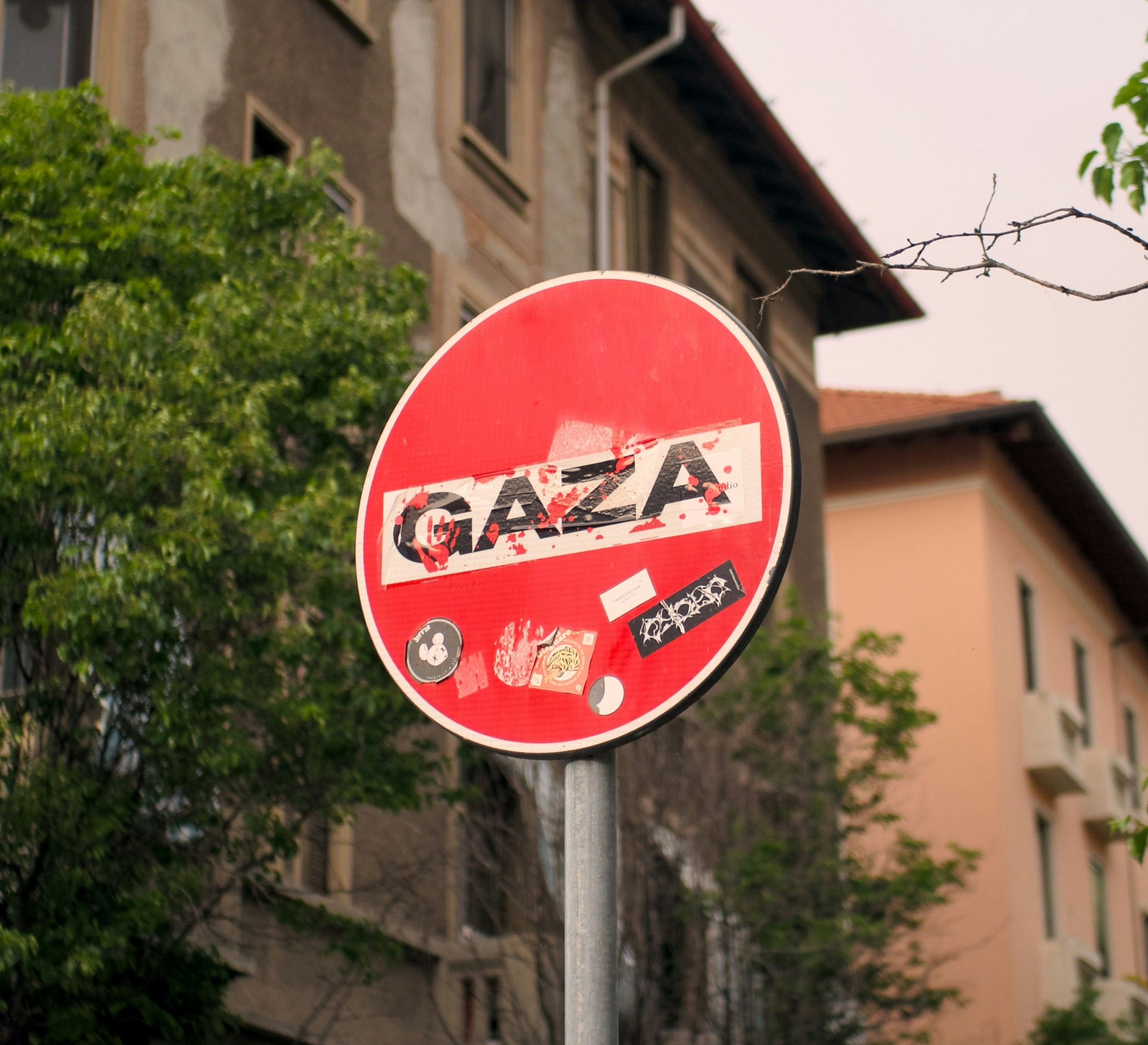[MIDDLE EAST] The Trump administration has mandated that all U.S. visa applicants who have visited the Gaza Strip since January 1, 2007, undergo social media vetting. This directive, issued on April 17 by Secretary of State Marco Rubio, applies to both immigrant and non-immigrant visa applicants, including those who have worked for NGOs or held official or diplomatic roles in Gaza. If the vetting reveals potential security concerns, a Security Advisory Opinion (SAO)—a detailed interagency review—must be initiated. The State Department has indicated that over 300 visas have already been revoked under this policy.
Background and Implementation
This new policy builds upon previous efforts to enhance visa screening procedures. In 2019, the administration required visa applicants to submit social media handles and other personal information as part of a broader initiative to strengthen national security measures. The current directive expands this approach by specifically targeting individuals with ties to Gaza, reflecting heightened concerns over potential affiliations with groups deemed threats to U.S. interests.
Legal and Civil Liberties Concerns
The implementation of this policy has raised significant legal and civil liberties concerns. Critics argue that the broad scope of social media vetting infringes upon First Amendment rights, potentially penalizing individuals for their online expressions and associations. Organizations such as the Brennan Center for Justice and the Knight First Amendment Institute have filed lawsuits challenging the policy, asserting that it violates constitutional protections and imposes undue burdens on free speech.
Impact on Foreign Nationals and Academic Institutions
The policy's impact extends beyond individual applicants to affect academic institutions and international collaborations. Foreign students and scholars engaged in pro-Palestinian activities have reported visa revocations and deportations, prompting concerns about academic freedom and the free exchange of ideas. Universities have expressed apprehension that the policy may deter international scholars from participating in U.S.-based research and educational initiatives.
Broader Implications for U.S. Immigration Policy
This directive is part of a broader trend toward increased scrutiny of foreign nationals' online activities. The Department of Homeland Security has previously announced plans to monitor social media activity to identify individuals suspected of supporting antisemitic ideologies or affiliations with groups like Hamas and Hezbollah. While proponents argue that such measures are necessary for national security, opponents contend that they may lead to profiling and discrimination, particularly against individuals from Muslim-majority countries.
The Trump administration's decision to mandate social media vetting for visa applicants with ties to Gaza represents a significant shift in U.S. immigration policy. While the administration emphasizes national security objectives, the policy's implementation raises critical questions about privacy, free speech, and the potential for overreach in the digital age. As legal challenges proceed, the outcome may set important precedents for the balance between security measures and civil liberties in immigration practices.















